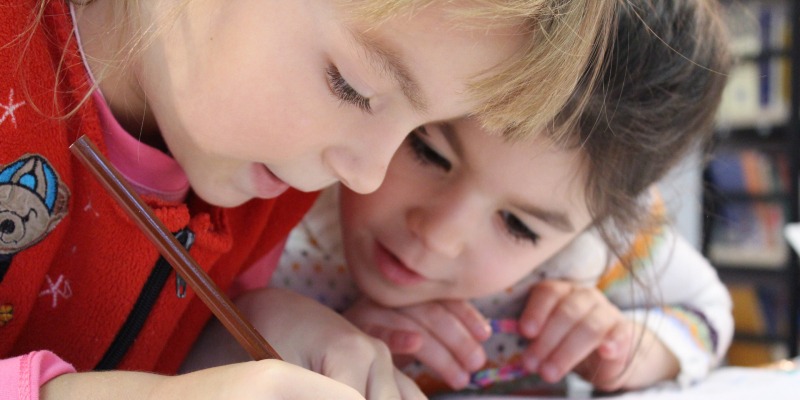A Warm 'Hello'!
The following information is specifically for those planning a visit, so that you know beforehand what to expect on a Sunday morning.
Where & When?
We meet at the University of Cambridge Primary School in Eddington (details below) for our Sunday Service, starting at 10am. When you arrive, you will be greeted by someone on our Welcome Team..
.
Plan Your Journey
Open Google Maps
Accessibility
There is wheelchair access and a disabled toilet on the ground floor. There is wheelchair access to the first floor by lift.
Our Sunday Service
The main service begins at 10:00am with a warm welcome from one of our leadership team. Then follows a time of worship, led by our band. Sometimes a person might pray out loud or read a small passage from the Bible. Sometimes people share things that they believe God is saying to the whole church family. This might seem strange the first time that you hear it, but it’s all part of our connecting with God. One of our leaders will then give a sermon that is Bible-based and that we can apply to our everyday life. We then finish with a final worship song. There is always an opportunity to receive prayer at the end of the service.
What About My Kids?
We have a great programme lined up for kids of all ages (click on them to find out more about them):
We really value worshipping God together as a family, so we encourage children stay with their parent or grown-up at the start of the service for the welcome, songs and notices. After this, the children will go to their various groups. You will need to go with your children to their groups and register them as part of our Safeguarding Policy.
The kids' group activities vary depending on the age but usually there is a friendly welcome, Bible stories, testimonies, praying, music, craft, drama, fun games and free play. Please pick your children up as soon as the service finishes.

Getting Connected
Small Groups
While Sundays are a great way to meet new people, it is often in smaller gatherings that you can really get to know someone. Being part of one of our small groups allows you to make new friends, share together and support each other. We have a variety of groups that meet throughout the week, some afternoons and some evenings. Check out our Midweek Groups page and see if there’s one that you could join, or we can put you in touch with a small group leader who will be more than happy to invite you along to their group.
Serving & Volunteering
If you want to get involved in the life of the church and help us make Sundays run smoothly, you can sign up to serve on a team.
Other Ministries
We also run the following ministries (click on them to find out more about them):
Get In Touch With Us To Plan Your Visit
If you would like to come and visit the church beforehand you are more than welcome! Get in touch and we can arrange a time that suits you.
Next, we will contact you by email to say 'hello' and help arrange anything necessary for your visit.
|
Leadership

|
|

|
Pastor Ian Rawley
|
|
Carole Rawley
|
|
In 1974 I had an encounter with God that changed my life, causing me a few years later to train as a pastor. As well as leading New Life Church, over the last few decades I have had the immense privilege of helping to equip church leaders in many nations of the world. Welcome to our website & our church!
|
|
Hello and welcome! I decided to follow Jesus when I was 15 years old and it has been the greatest adventure of my life! At New Life Church, I lead our youth ministry and our women's ministry. I also work alongside Ian and our leadership team in overseeing our pastoral care. We are here to serve you!
|
We are looking forward to welcoming you to New Life Church and hope you enjoy your time with us.